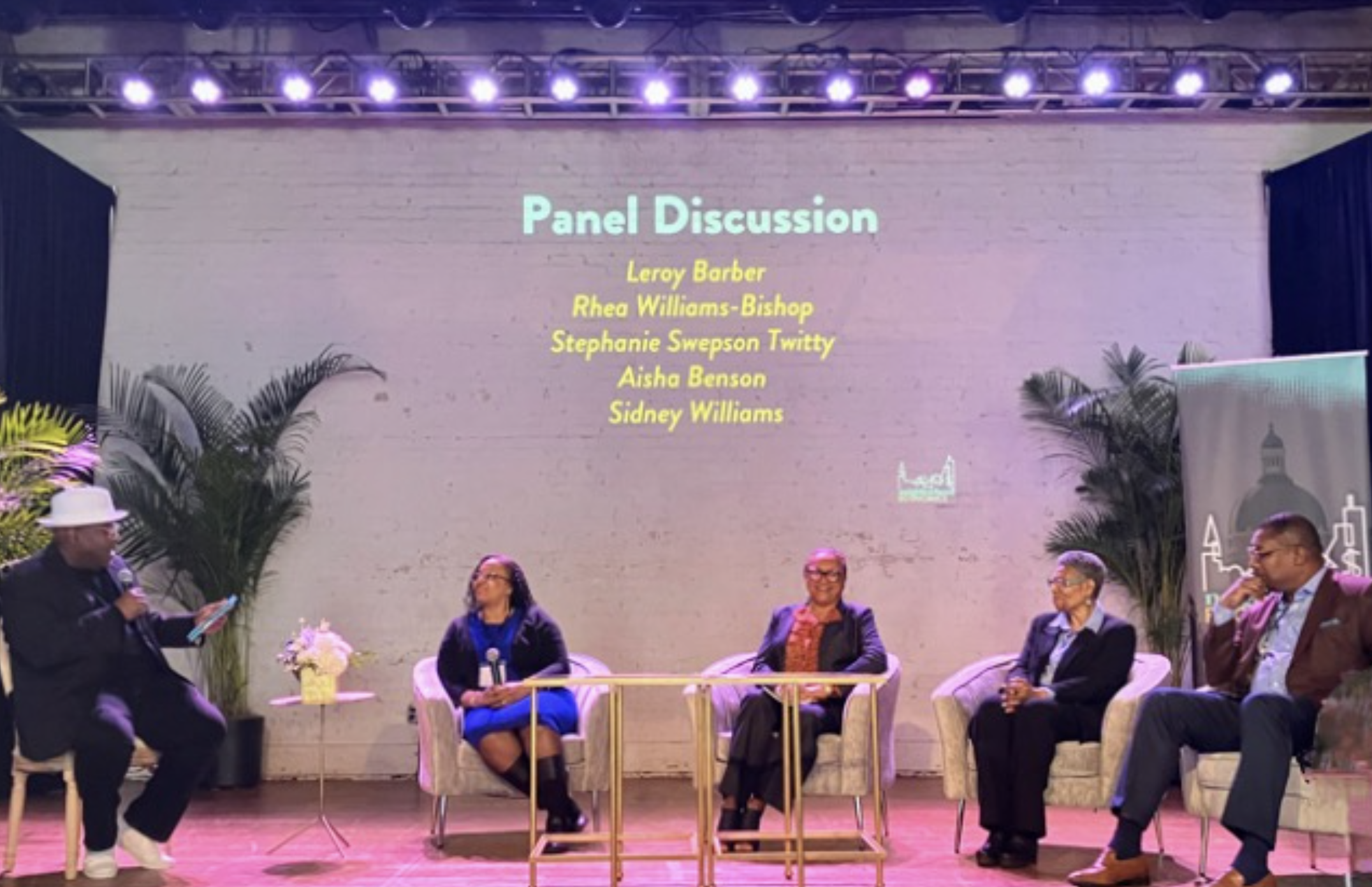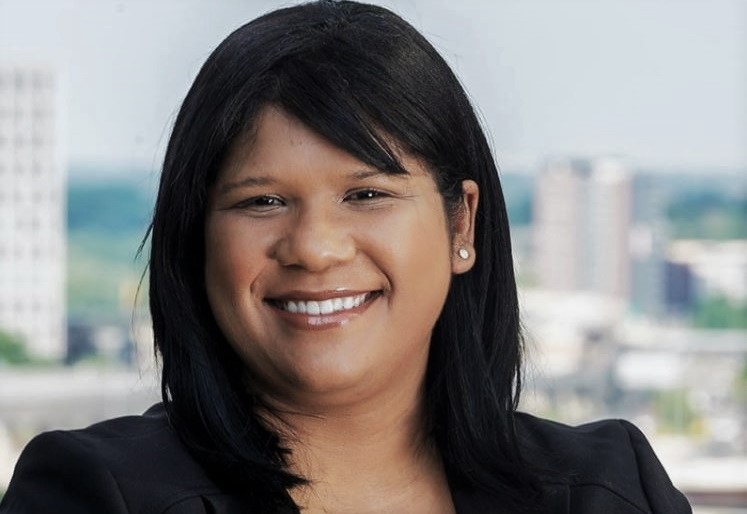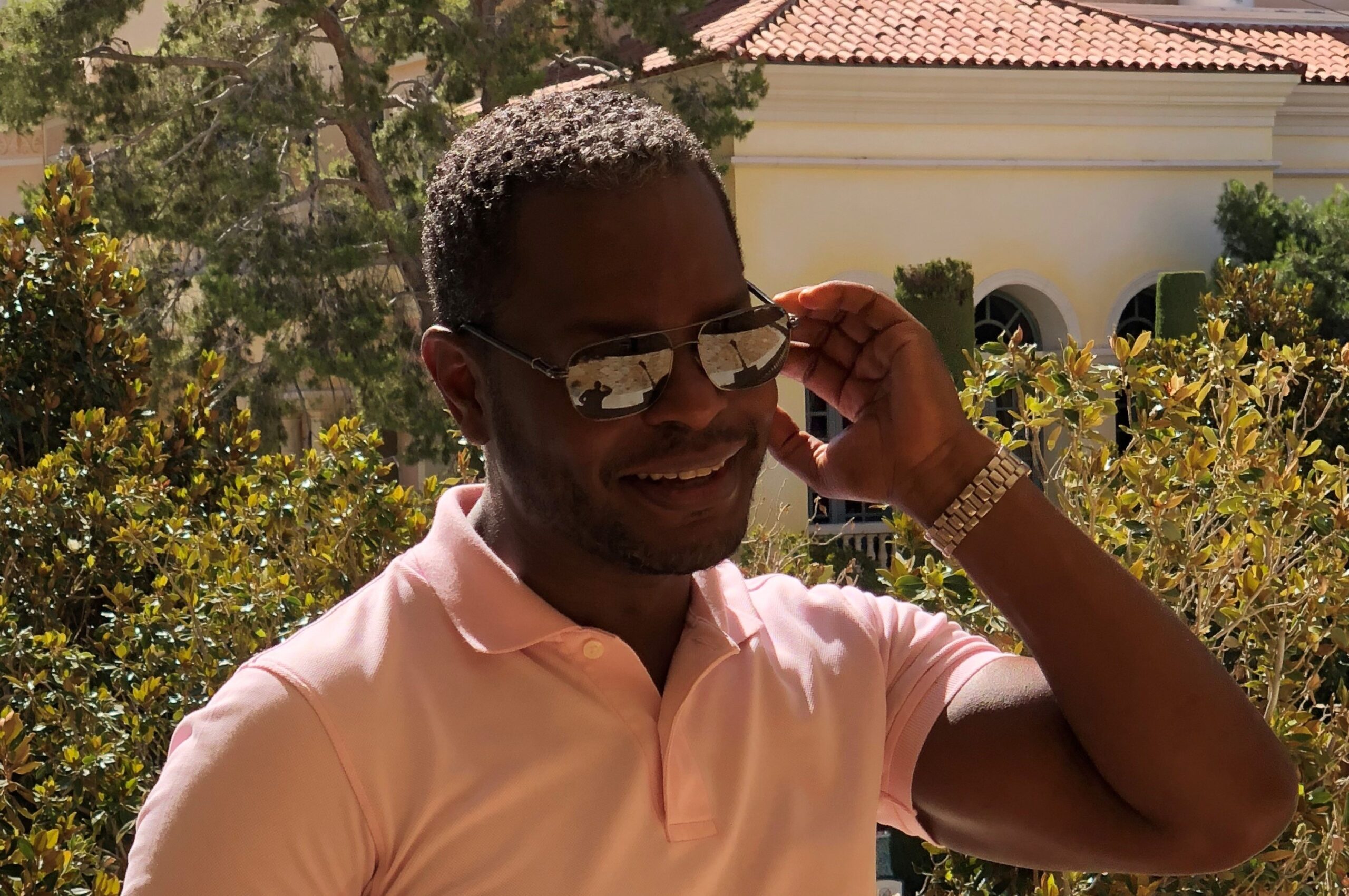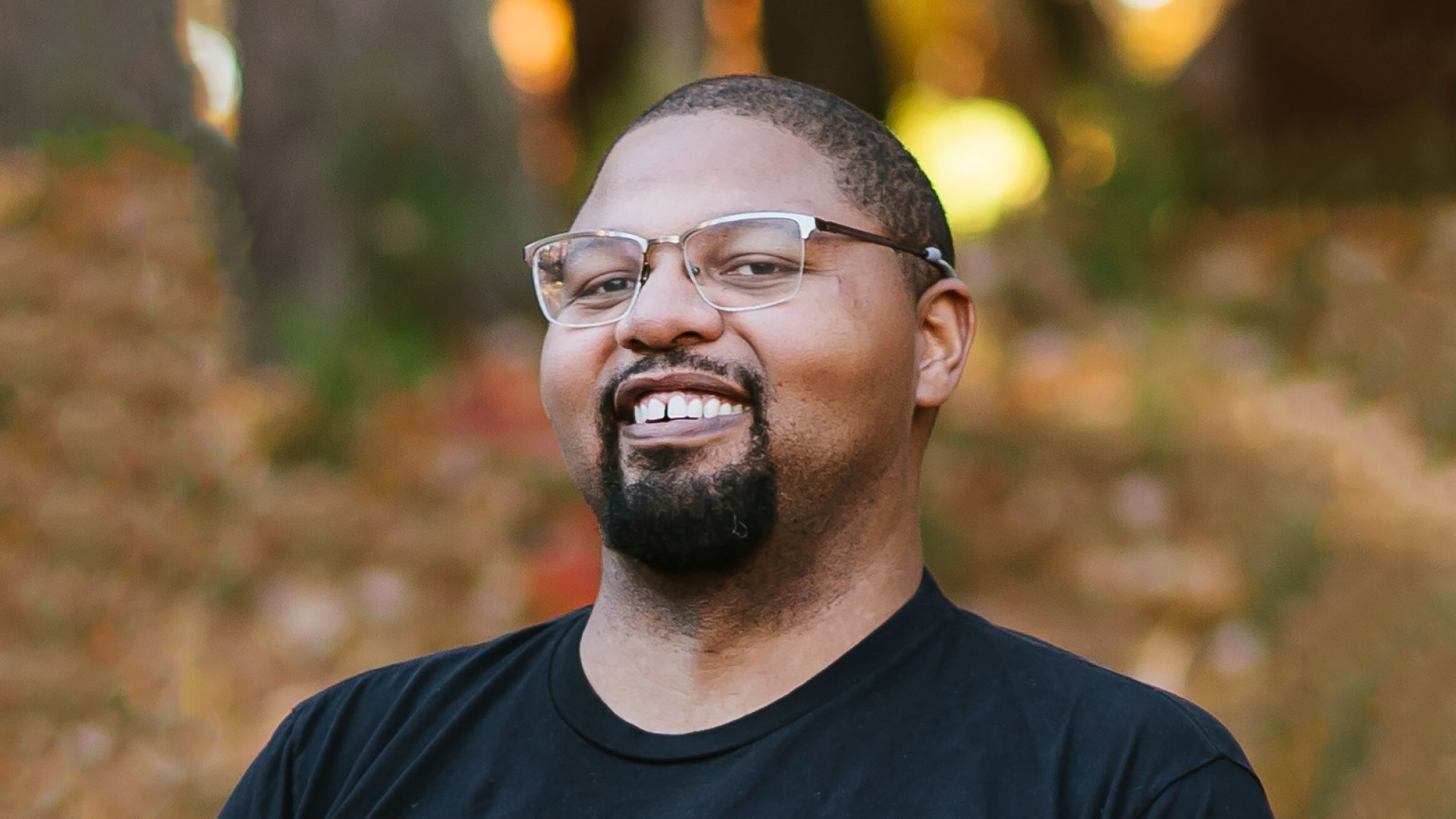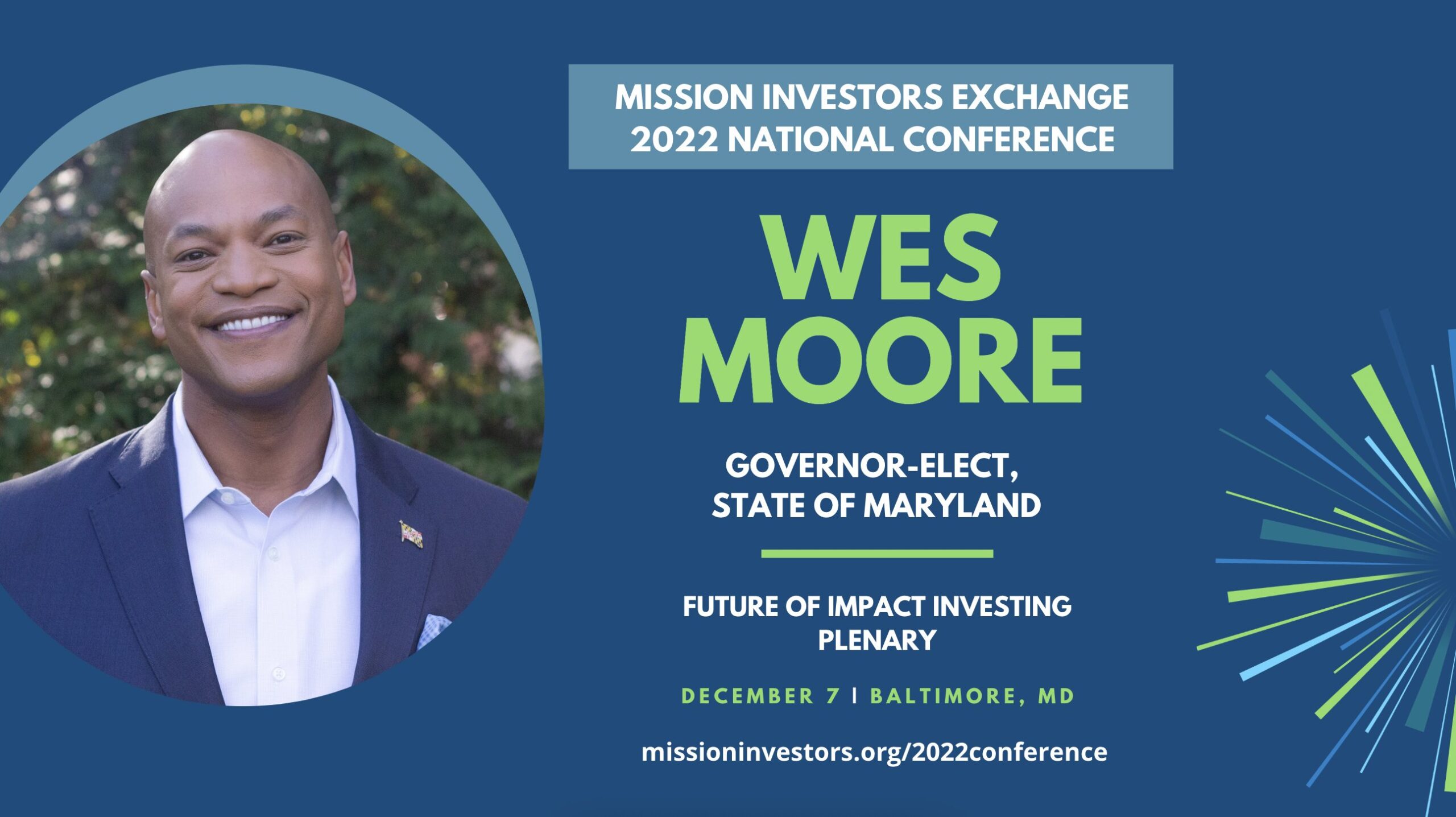ImpactAlpha, Sept. 30 – Dawn Lippert wanted to help flip Hawaii green and wean it from dependence on fossil fuels. But the cleantech solutions she was seeing did not address community needs in Hawaii. She co-founded what has become Elemental Excelerator to fill the gap.
In the decade since, the Honolulu- and Bay Area-based nonprofit accelerator has quietly invested nearly $50 million in 136 climate tech companies including BlocPower, ChargerHelp, Solstice and Dollaride, giving Elemental one of the largest climate-tech portfolios around, by volume. Even more distinctive: a laser focus on community relevance, deployment and scalability.
Since its founding, Elemental has raised close to $100 million from corporate partners, the U.S. Navy, the U.S. Department of Energy and philanthropic organizations, including Emerson Collective, which Elemental joined in 2017.
The strategy would seem obvious if Elemental weren’t one of the few to embrace it: Gather knowledge from the communities on the front lines of climate change. Fund global startups to test climate technologies locally. Use the lessons and help the companies take their solutions global. That approach has pushed Elemental’s portfolio beyond energy to sectors like mobility, water, food and agriculture as well.
“What we realized is that while technology has half the solution, the community brings the other half,” says Lippert. “If we invest with this knowledge, we will be able to decarbonize faster, center equitable solutions and be better investors.”
“It makes us more responsive to community needs, but also better investors,” Lippert told ImpactAlpha.
>>> Join The Plug and ImpactAlpha for Black tech, green solutions, Tuesday, Oct. 12 at 10am PT / 1pm ET / 6pm London.
Earthshot
Elemental’s latest cohort of 19 companies includes San Francisco-based WeaveGrid, which helps utilities monitor and manage EV charging; New York-based bus rideshare company Rally; e-waste recycling startup WEE Centre in Nairobi and Lagos-based SHYFT, which allows energy service providers and renewable energy companies to monitor and manage distributed power systems.
Now, Elemental is leveraging its vast network and deal visibility to mobilize larger sums of capital for climate solutions. Elemental in September spun out Earthshot Ventures, a new climate VC firm that has raised $60 million from Emerson Collective, Microsoft’s Climate Innovation Fund, NextGen America’s Tom Steyer, Kleiner Perkins’ John Doerrand and others.
Elemental investor-in-residence Mike Jackson and Ramsay Siegal, former head of Elemental’s portfolio, join Lippert at Earthshot, which made its first investment in sustainable food company Planet FWD. Lippert is also staying on as head of Elemental.
Community-based
As an investment strategy, the community-driven model is working. Elemental companies have gone on to raise over $4 billion in follow-on capital. Twenty portfolio companies have gone public or been acquired. In just the past year, concentrated solar firm Heliogen, electric bus companies Proterra and Xos Trucks, and commercial battery storage company Stem have all gone public through mergers with special purpose acquisition corps., or SPACs.
Elemental takes equity in the form of warrants or SAFEs (for ‘simple agreements for future equity’) and uses any proceeds to back additional entrepreneurs.
Hawaii provides an excellent testbed. Stem, for example, hadn’t gained much traction with mainland U.S. utilities. Working with Elemental, the company helped the state of Hawaii reinforce its shaky electric grid by tying together distributed batteries to work as a single storage resource. The company learned to overcome regulatory hurdles; with Southern California Edison, Stem has scaled its solution a hundred-fold.
Social equity
The effort, alongside numerous community, state and federal organizations, is also paying off in climate impact. Hawaii has increased renewables’ share of its energy consumption from 8% to roughly 30% in 10 years. The state has almost 13,000 electric vehicles, supported by nearly 300 public electric-charging stations.
Elemental’s strategy has created a portfolio of founders more diverse than most. In its 2020 cohort, for example, a quarter of the founders are of a traditionally excluded ethnicity; almost half had a female founder. That more diverse founders are at the forefront of addressing challenges in the most climate-impact communities is not an accident, she says.
“It gets back to who we hire, what our team looks like, what our experiences in deployment are,” says Lippert. “The build out of our fossil fuel infrastructure is a story of oppression and exacerbating inequality.”
Addressing social inequities and climate change are intertwined, Lippert says. “As we’re flipping to a decarbonized infrastructure, they have to be addressed together.”




